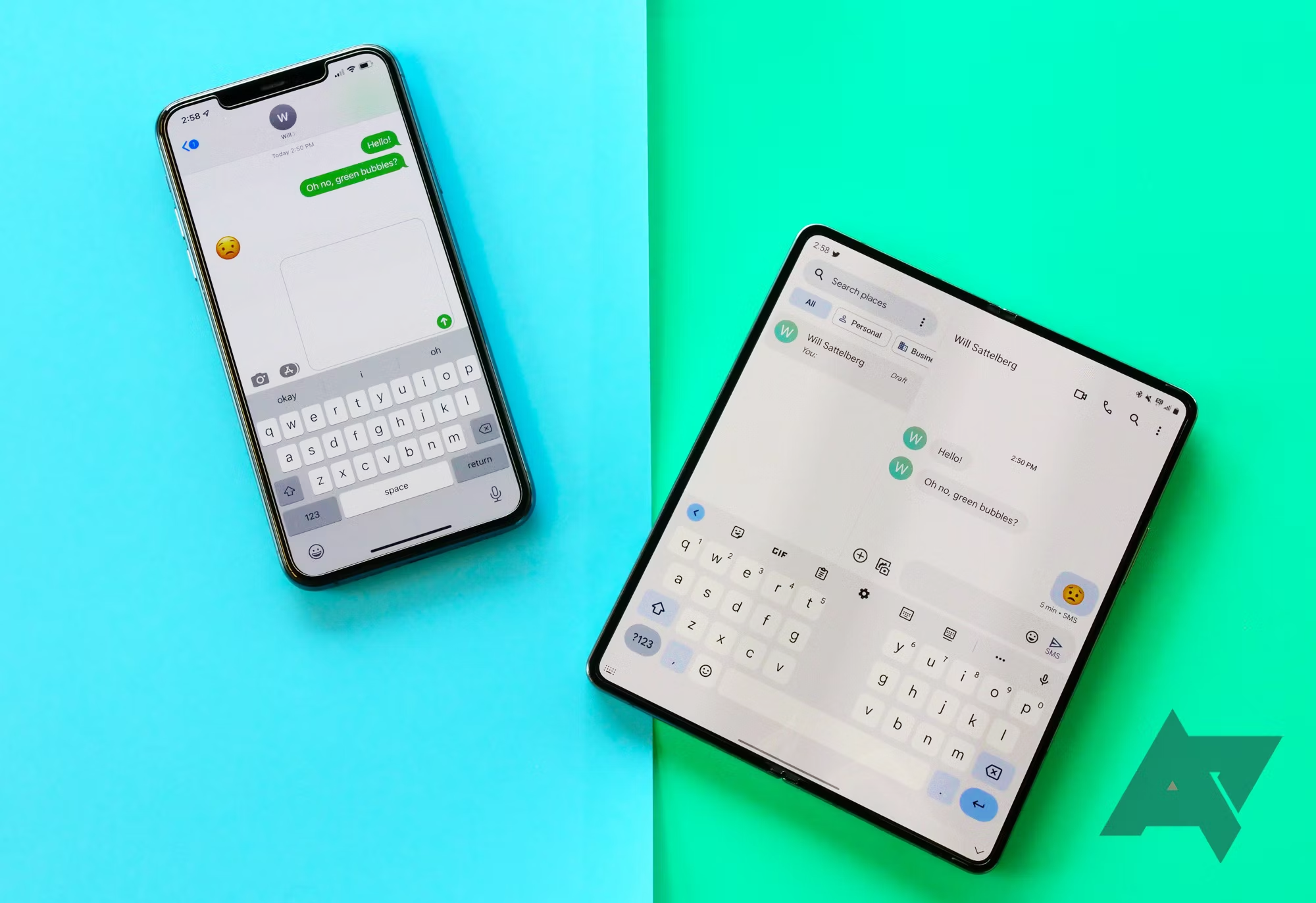Summary
- Messaging apps are aiming for interoperability with Google Chat, Slack, and Teams for seamless communication across platforms.
- Users can connect with others on different services, breaking down communication barriers.
- Google Workspace customers can now enjoy cross-platform messaging support, signaling a shift towards interoperability.
Interoperability is a cornerstone for the future of messaging apps, and regulators like those in the EU seem eager to nudge big tech companies towards making efforts like making iMessage support RCS. We’re also seeing interoperability with other related services, with Google Chat making Slack and Microsoft Teams integration official.

The 8 best free texting apps in the Play Store
Abandon your basic SMS and start sending messages in style
Google Meet recently achieved bilateral interoperability with Zoom, giving users of either service the ability to connect with users of the other using basic features. While it is rare to see businesses use services from different companies concurrently, Google doesn’t have a purpose-built corporate communication tool in its arsenal, forcing Workspace clients to turn towards alternatives like Slack and Microsoft Teams. That’s where the new interoperability comes in.
Use the service you prefer and still get work done
Back in 2023, Google announced it would make Chat interoperable with Slack and Teams — popular corporate communication utilities often used alongside Google Workspace. At the time, only a limited number of paying Workspace customers could beta test the interoperability in beta, but now, Google has thrown the feature open to the public.
In a blog post announcing a worldwide release, the company explained the system is built on Mio, an architecture designed to improve integration between Microsoft 365 and Google Workspace. With cross-platform messaging support between Chat, Slack, and Teams, users can message their colleagues, tag them, and even send emoji reactions on any platform, and users on any of the other two compatible apps will receive the content seamlessly.
While Google hasn’t limited the feature by account type, this interoperability retains its corporate-first focus with Workspace customer exclusivity. Additionally, users will need separate Mio licensing to use this feature.


